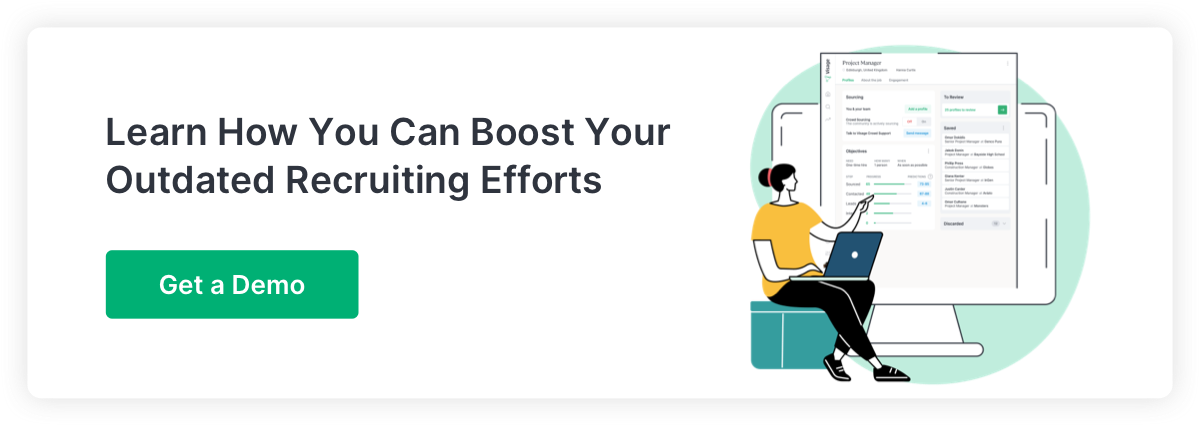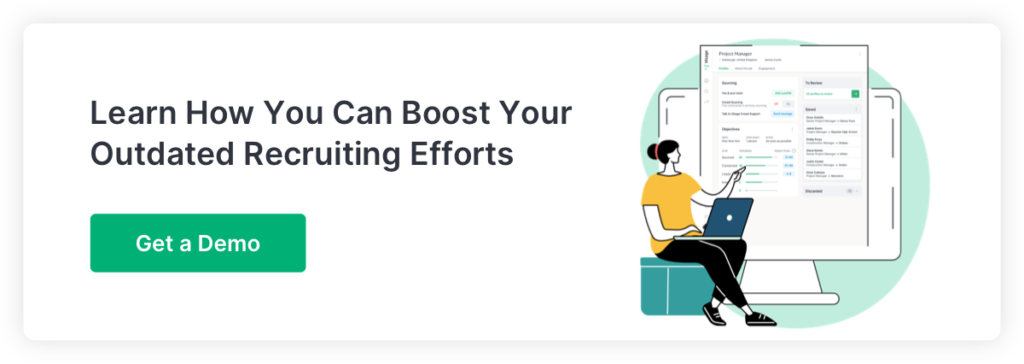Artificial Intelligence (AI) has transformed numerous industries, including recruitment. However, as its adoption becomes more widespread, the need for regulation is becoming increasingly apparent. Bias in the hiring process due to AI has become a significant concern, prompting calls for legislation to regulate its use.
For instance, Amazon had to abandon its AI-based recruitment solution after it was found to be screening out female applicants. A Harvard Business School research indicated that automated screening processes often reject qualified workers who do not meet machine-based criteria, typically favoring candidates who are white, American, and male. These issues raise the question: how can we mitigate bias while using AI in hiring?
Recent laws aim to reduce bias in the recruitment process due to AI use. These laws, some already passed and others under review, highlight the current and future landscape of AI in recruitment. Notable examples include:
- Maryland’s facial recognition technology law (effective since 2019) requires employers intending to use facial recognition technology in job interviews to provide adequate notice and obtain written consent from applicants.
- The New York City (NYC) law (passed in 2021, effective from January 2023) regulates employers and employment agencies’ use of “automated employment decision tools” on candidates and employees residing in NYC.
- The Illinois Artificial Intelligence Video Interview Act (effective since 2020) ensures employers comply with transparency, consent, and data destruction parameters if they use artificial intelligence in interviews.
In light of these regulations, recruiters can take simple, measurable steps to meet the requirements of these bills:
- Prioritize Transparency: Ensure candidates are aware of exactly what traits and characteristics your AI tool is looking for and what it does with that information.
- Make Sure Your Data is Explainable: Identify exactly where your data is coming from and what purpose it serves.
- Pre-Audit Your AI: Run the AI system through a series of tests with control groups to understand exactly where bias might infiltrate.
To find out more about how to prepare for these new regulations and ensure that your recruitment process is both efficient and fair, download our full guide here. It provides a comprehensive overview of the current AI bias laws impacting recruitment and practical steps recruiters can take to prepare for these changes.

Director of Sourcing Operations at Visage, Evelyn has experience in agency, RPO, and in-house roles spanning 12 years in the recruitment industry. Evelyn has built and oversees a 4000-member global freelance sourcing community. Every Christmas in Ireland, she enjoys putting up her THREE Christmas trees.

